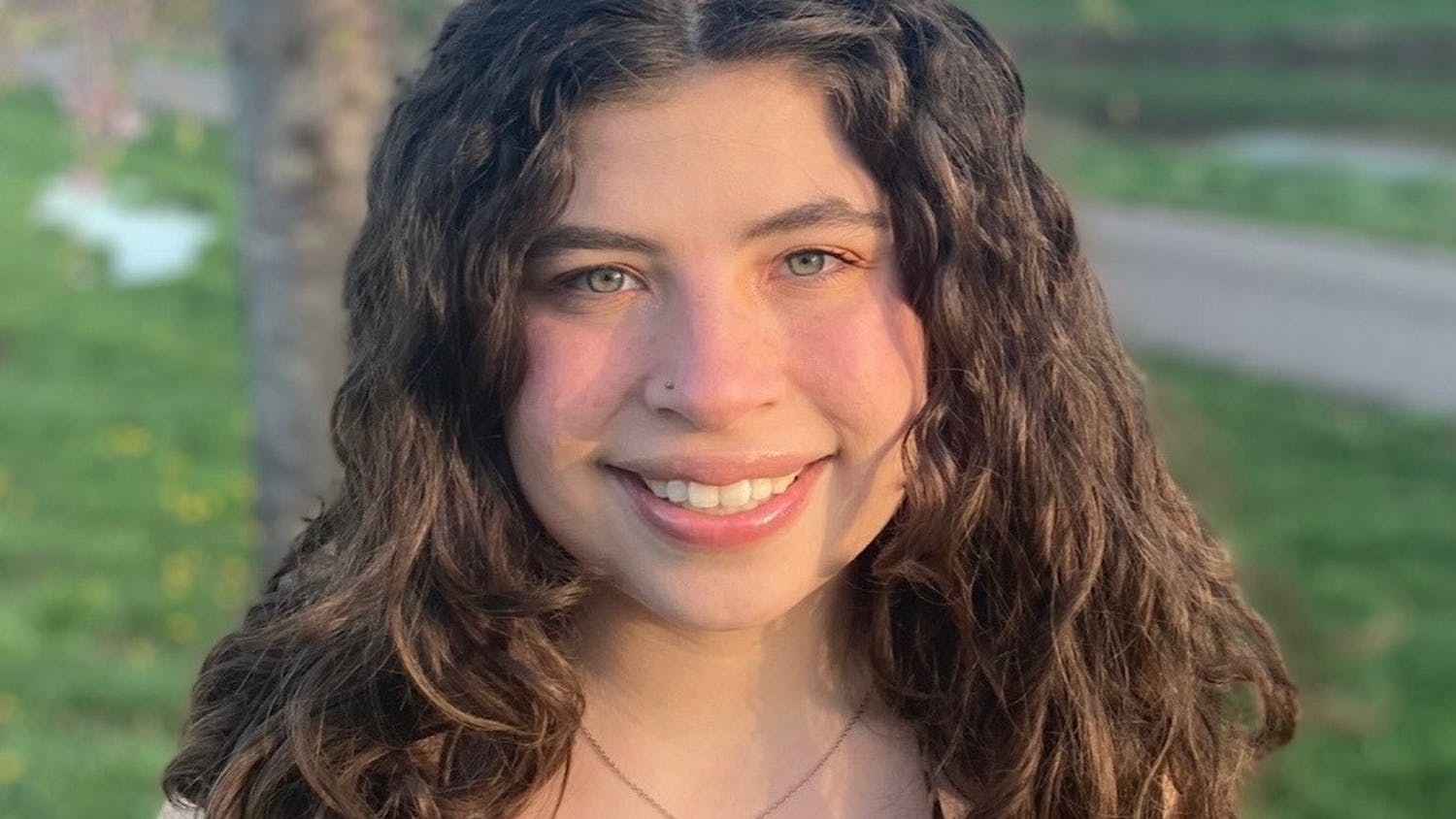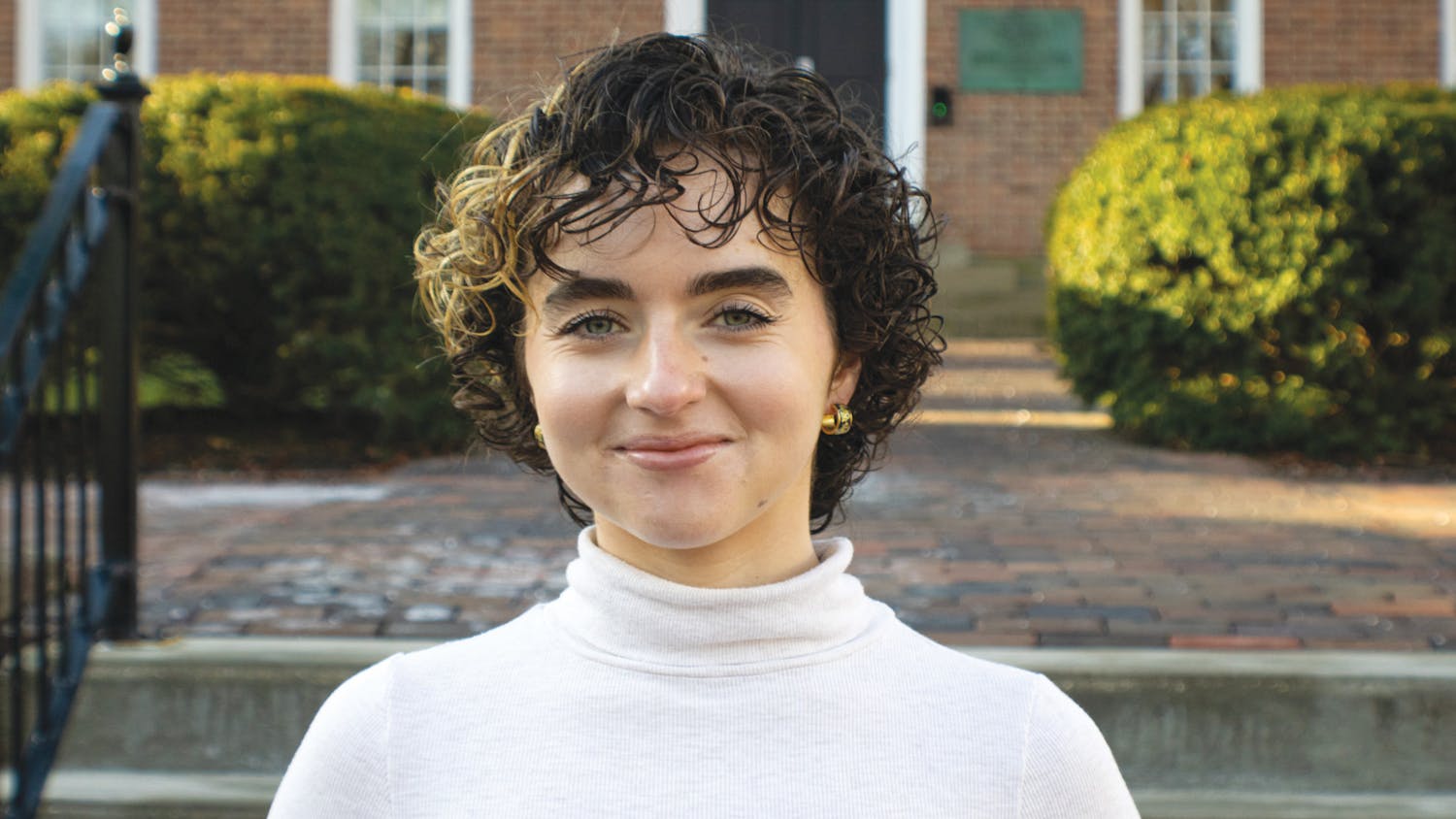The New York Times article ‘In Hasidic Enclaves, Failing Private Schools Flush With Public Money,’ was a report heard around the Jewish world. Despite being written by two Jewish reporters, the piece is filled with antisemitic tropes and fails to make valid points about yeshiva education. Unfortunately, the New York Times’s reach is such that now thousands, if not millions, of readers now have misinterpreted the reality of Hasidic schooling.
The article explains that in 2019, the Regents Exam was given to 1,000 students in the Central United Talmudic Academy, and every student failed. It’s posited that this is “by design,” i.e., that Hasidic schools do not provide education to their students on purpose. This statistic may be astonishing, but when we dive into the facts behind it, we can see that the schools are not to blame. In fact, no one is “to blame” because this is a non-issue. One way of schooling is not “worse” than the other — it is simply two kinds of education.
While all 1,000 students at yeshiva schools who took the Regents Exam failed, it is also important to note that only half of the New York City public schools passed the exam. This is even more shocking because those schools teach the test whereas the yeshivas do not. Clearly, the “problem” of Hasidic schooling cannot be solved by emulating their secular counterparts because those schools have next to nothing to show for their work.
The point is then made that the yeshivas do not teach English. While many yeshivas do not have a formal English course, I do not see that as truly being an issue. America does not have an official language, so schools should be able to teach whichever language they so choose. Since Yiddish is the most commonly spoken language in Hasidic groups, teaching Yiddish rather than English makes more sense. The Regents Exam was administered in English, which automatically put the yeshiva students at a disadvantage. Some students may not have failed if the exam had been administered in Yiddish.
Furthermore, why should the Regents Exam matter when measuring the adequacy of education? Clearly, it cannot be relied on as a litmus test in the schools that reportedly teach in English and have a so-called adequate education, so why should it apply to Hasidic schools?
The problem with this article does not end with its misrepresentation of information, though. The writers evoke antisemitic stereotypes by way of saying that the schools have been able to appropriate funds for their nefarious schools, as well as saying that the Hasidic community is controlling the local government. The money-hungry-Jew stereotype is probably the oldest one and definitely the one that most people are familiar with. The government-is-secretly-controlled-by-Jews is also one of the oldest stereotypes in the book and can be found embedded in a lot of so-called conspiracy theories.
The most upsetting part of the New York Times article is its framing of Hasidic resistance to assimilation. The writers seem against the Hasidic way of life, and the subject matter argues that Hasidic Jews ought to be like an average American, wear Western clothing and learn secular concepts so that they may fit in with other New Yorkers. It would seem that this insular community is the only one that is not afforded freedom of religion.
This type of misinformation combined with very old antisemitic rhetoric is not only disturbing to read, but it is also dangerous. These stereotypes invoke great danger and fuel hatred.
If someone thinks that Hasidic Jews are taking their tax dollars, what’s to keep them from forming even more hateful opinions about them? What lengths will people go to if they believe it will help their children? While these Hasidic schools are funded by New York City’s public school system, they are not stealing funding. They are simply using the funding provided as part of New York law and should be allowed to continue doing so.
Hadass Galili is a senior studying political science pre-law at Ohio University. Please note that the views and opinions of the columnist do not reflect those of The Post. Do you agree? Tell Hadass by tweeting her at @HadassGalili.






